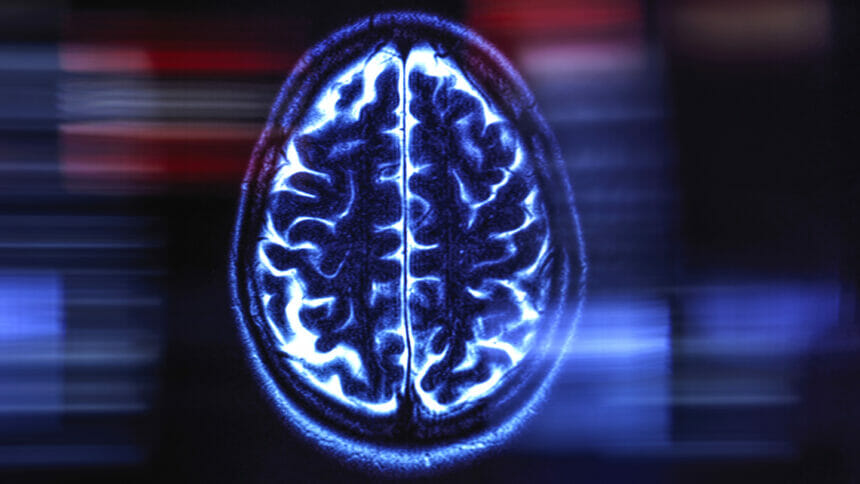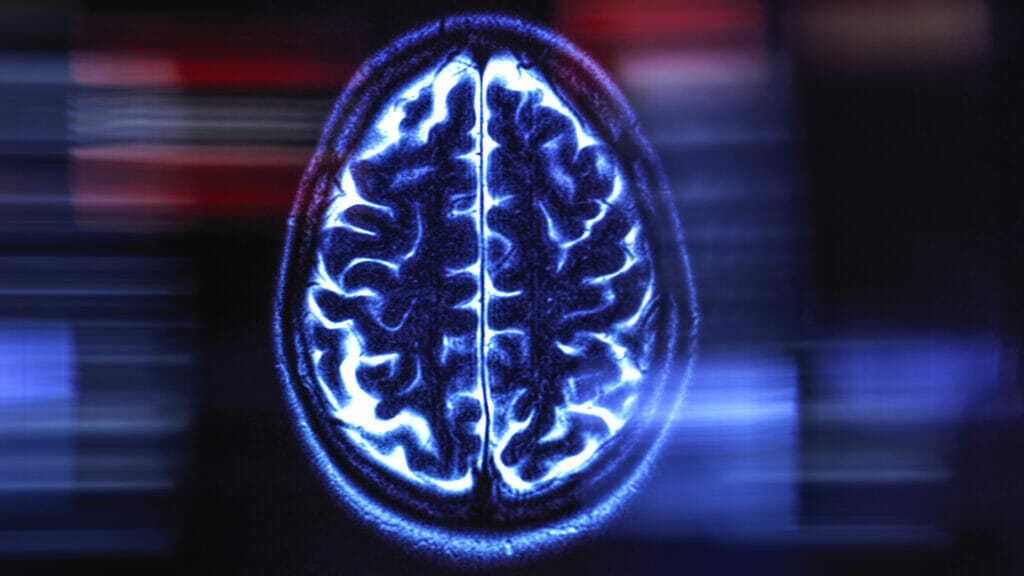

Memory loss, or difficulty with recall, is an unfortunate but all too common condition for many seniors. But new research studying memory and processes in the brain could lead to new solutions for both seniors with dementia and anyone else with brain damage or cognitive impairments.
Recent research into oscillations within the hippocampus found that brain activity involving memory is primarily driven internally, rather than by the outside environment. What that means, the researchers say, is that imagination and recall are just as important as actual experience in reinforcing our memory systems.
Some conditions that could be improved by stimulating the brain’s memory centers include dementia, but also Parkinson’s, seizures and stroke victims, the study’s authors state.
While researchers point to interventions that involve implants similar to Deep Brain Stimulation, the findings also could pave the way for broader outpatient training and rehabilitation aimed at improving memory.
“Basically, you take a patient who has memory impairments, and you try to teach them to be better at memory,” lead study author Arne Ekstron, PhD, said in a statement.
Similar methods involving neurofeedback have proven the brain’s remarkable adaptive capabilities and indicated ways to rehab cognitive capabilities.
The research itself involved some interesting virtual reality technology: pre-surgery epilepsy patients were given headsets to navigate through a simulated city. After a certain period, the patients were asked to imagine retracing their steps back through the virtual setting, as opposed to actually “walking” back. However, it was unclear whether such tools could be used in future memory-improvement programs.
The research was published in the journal Neuron last month.
Currently there is a lot of innovation and research around tech solutions for Alzheimer’s patients, although much of that is based around artificial intelligence and precision medicine, one expert recently noted in McKnight’s.


